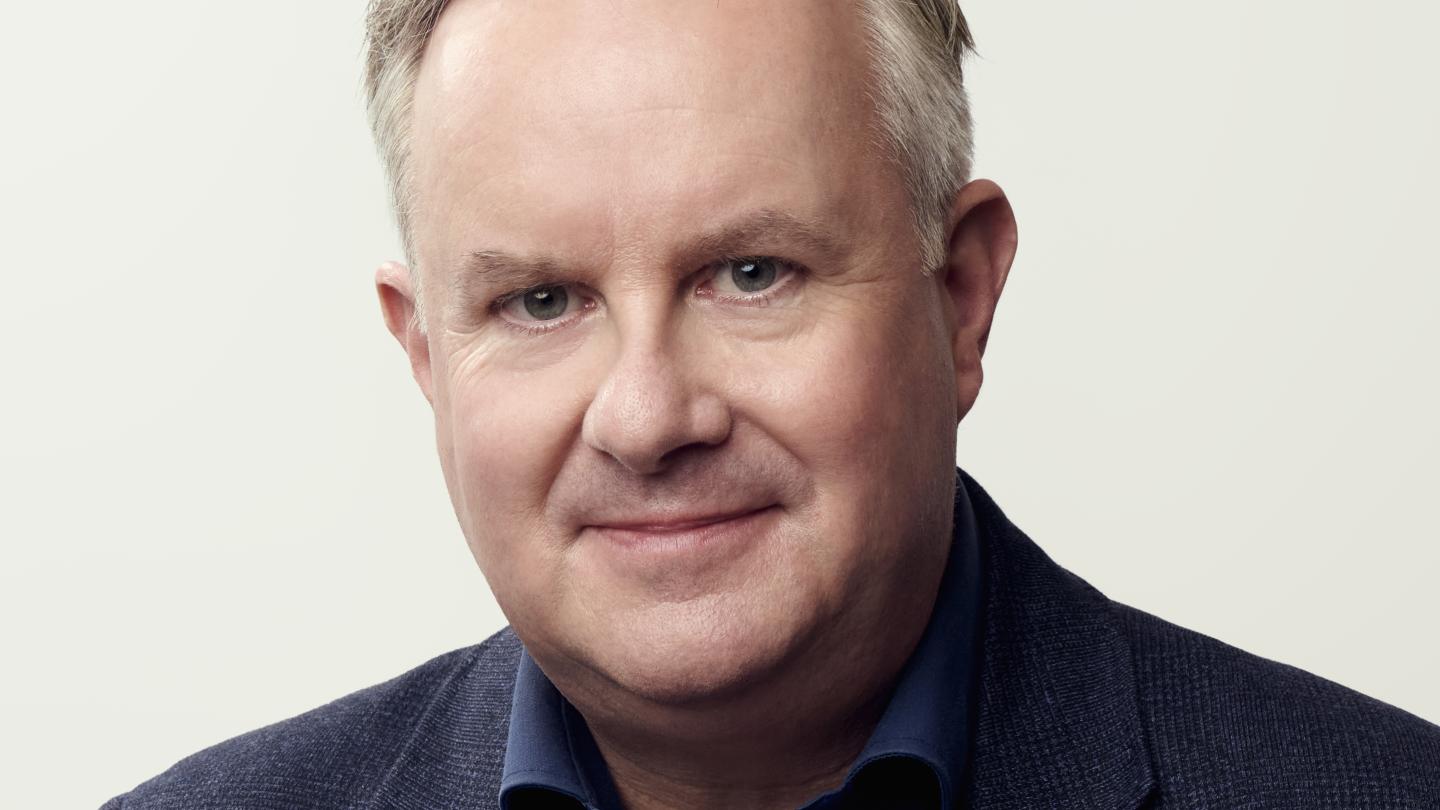In 1959, Luxembourg joined the century-old fund revolution
One hundred years following the establishment of the inaugural open-ended equity fund, modern actively managed mutual funds appear to grapple with an ambiguous future.
Fuchs & Associés fined again, for money laundering, tax fraud
Less than a week before announcing the sale of its asset management services arm, Luxembourg’s troubled investment firm Fuchs & Associés Finance - still in liquidation - was fined €785,000 by the Grand Duchy’s financial supervisor CSSF under laws on the fight against money laundering and terrorist financing.
Lombard, OneLife suffer from fading appetite for life products
Appetite for Luxembourg life insurance products declined significantly last year, according to the annual reports that the two largest unit-linked insurance firms, Lombard International and OneLife, posted this week.
Eltif 2.0: Esma wants its table to be reinstated into RTS
Worried about the protection of European investors, illiquid investments, and financial stability, Esma wants its table to be reinstated into the Eltif standards rulebook, although with some significant modifications.
‘There is a barrier towards investing in our own markets’
As home to investors and companies that prefer the allure of American markets over their domestic counterparts, the European Union has arrived at a crossroads. A window of opportunity has arrived for creating a new framework that supports efficient capital markets, creating growth and jobs and enabling retail investors and pension savers meet their long-term financial needs.
Oddo BHF’s Eltif2 fund targets energy storage, water treatment
Paris-based Oddo BHF Asset Management has announced the launch its first European Long-Term Investment Fund. The fund is called the Oddo BHF Commit for Tomorrow Eltif and will be domiciled in Luxembourg, targeting clients keen to commit to long-term financing companies that provide energy storage and water treatment solutions.
Lombard Intl hit with record €1.68 mln fine over AML flaws
Luxembourg’s Commissariat aux Assurances (CAA) slapped Lombard International Assurance with a record 1.68 million euro fine for lapses in its anti-money laundering (AML) and counter-terrorism financing (CTF) controls. This enforcement action underscores the regulator’s stringent stance on compliance in the financial sector.
Apex claims first with digital ledger for Hamilton Lane fund
Apex Group on Wednesday claimed to have become the first fund administrator to utilise blockchain technology as a book of record. It will leverage blockchain technology to service the 3.7 billion euro Hamilton Lane Global Private Assets fund.
CFA urges firms to train finfluencers on compliance
A significant portion of financial influencers, commonly known as finfluencers, has been found to neglect proper disclosure practices when promoting products or services, according to a study conducted by the CFA Institute. The institute is now calling on investment firms that engage with these finfluencers for promotional activities to shoulder the responsibility of ensuring compliance through adequate training.
Bitter truth behind chocolate: cocoa market in deep crisis
- Cocoa prices soar; shortage from weather, disease impacts
- Record deficit, over-sold futures cause price spikes
- Stabilisation attempts; high prices challenge producers, buyers
The cocoa market is reeling. Failing harvests are sending futures prices vertically upwards, and a solution seems far away. Daredevils looking to get in now are taking the risk of investing in a derailed market.
